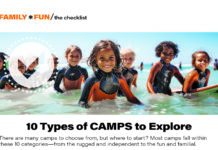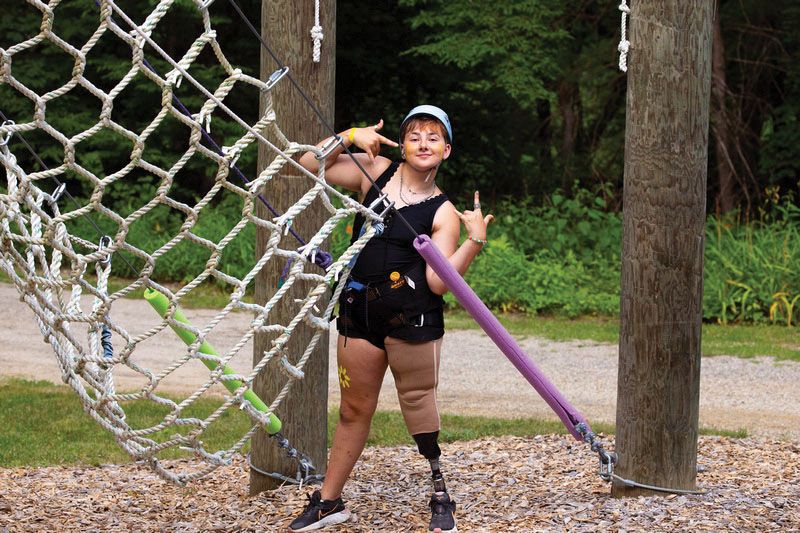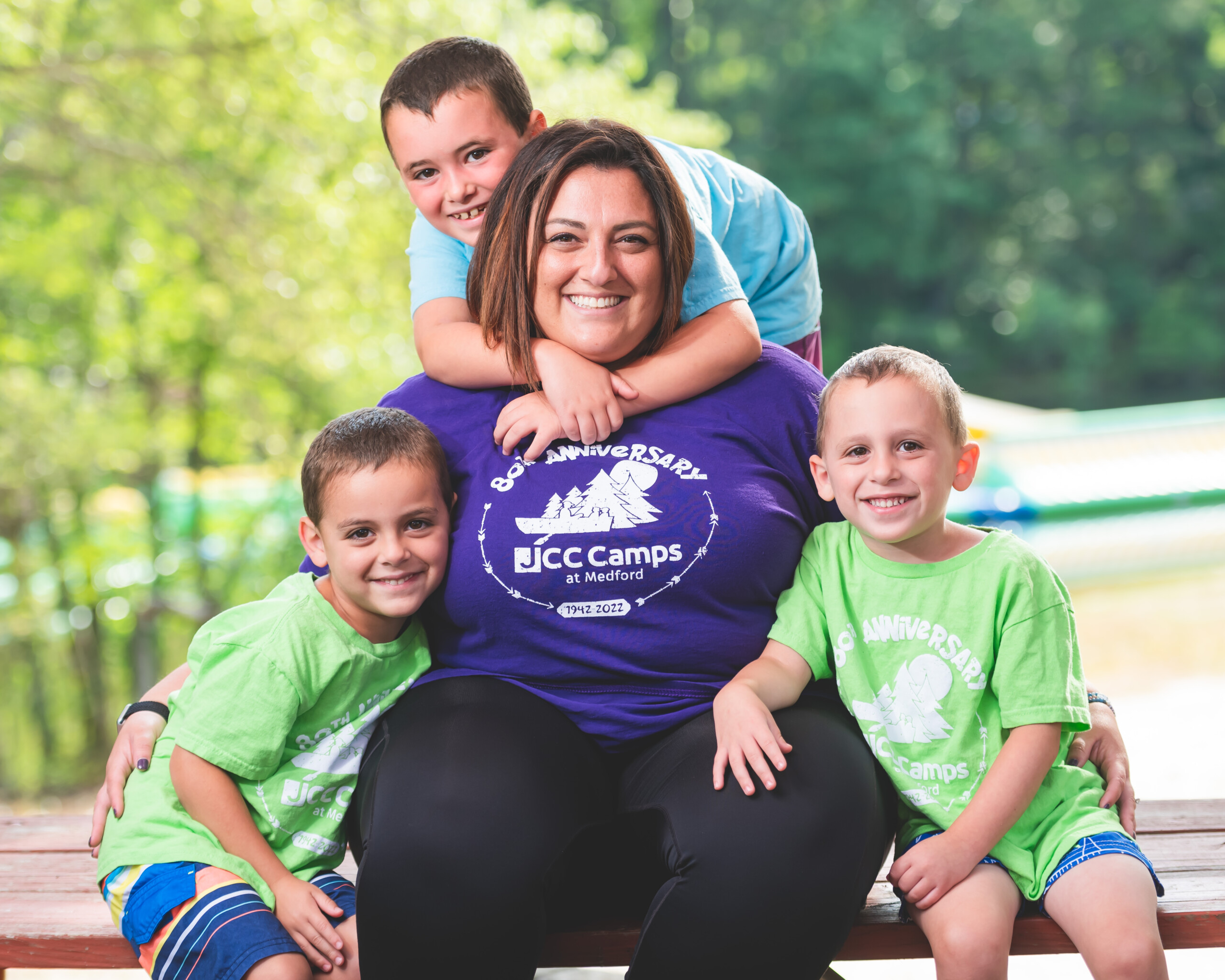Remember when kids looked forward to a summer free from anything that seemed like school? That has changed for many kids as today’s academic camps put a positive spin on “summer school.”
Private schools and local colleges are good places to find stimulating summer programs. Camps housed on school campuses typically benefit from low student-to-teacher ratios, experienced faculty and excellent facilities.
Classes at Every Level
For example, Germantown Academy in Fort Washington, PA offers a diverse menu of summer classes for children in grades K-11—Planet Math and Book Club for Boys for younger children; Model Rocketry and the Summer Science Institute for Girls for middle grades; and high school classes such as Geometry and Study Skills.
Whether a kid wants to get ahead, maintain skills or catch up, “our summer academic programs offer something for everyone, including enrichment, maintenance, and remedial courses and our popular Science Camp,” says summer program co-coordinator Phy Chauveau. “For younger students in particular, great consideration is given to their needs for both active and passive learning activities, and outside play breaks are incorporated into classes.”
Montgomery County Community College’s Summer Youth Camp and Teen Senior Camp, now in its 15th year, emphasizes STEM (science, technology, engineering and math), plus reading, writing and history, with classes that are designed to be “fun, engaging and interactive in a supportive and structured environment,” says director Joanne Behm.
While classes for ages 6-11 organize subjects around weekly themes such as Wild Animal Adventure or Horror Fiction Writing Workshop, Behm says older children can engage in “deeper learning” in Entrepreneurship or Nanotechnology, or advance their college preparation with SAT Prep or Writing for College Applications.
 Learning, Fun and Friendship
Learning, Fun and Friendship
Both MCCC and Germantown Academy seek to keep fun and flexibility in their summer programs. Besides the numerous classes, MCCC campers may choose to take a week of Relax Camp — a more traditional summer camp schedule — in addition to or in place of academic camp weeks.
Germantown Academy’s Combo-Camp allows campers to take one or two academic courses in the morning and then attend traditional day camp or an adventure, arts or sports camp in the afternoon. A structured “11:00 Connection” program provides a bridge of supervised activities such as games or puppetry for campers transitioning from morning to afternoon programs.
Balancing learning, fun, and friendship is the secret to any successful summer enrichment program, says Bobbi DePorter, founder of SuperCamp, a residential program for middle school through college-age students offered at several college campuses including Brown University in Providence, RI and Stanford University in Palo Alto, CA.
“A good summer enrichment program gives students the feeling that they’re at camp, not back at school. The best camps incorporate fun right into the learning,” DePorter says. In addition to enrichment, she advises parents to look for programs that offer students growth in life skills areas that build their confidence, motivation and self-esteem, as well as their communication and leadership skills.
Keeping Campers Engaged
The Delaware AeroSpace Education Foundation provides programs for campers, called “cadets,” at all grade levels. Destination Ocean is a half-day program for 1st and 2nd graders at the Foundation’s Environmental Outpost in Smyrna. DASEF also offers Destination Sky and Destination Space, full-day middle grade programs, and Destination Moon and Destination Mars, residential programs held at the University of Delaware for grades 7-10.
DASEF cadets may find themselves learning about the physics of flight, designing a robotic vehicle, conducting simulated in-flight experiments or working in teams to build model space stations.
Even an academics-focused program, such as the language summer camp run by Dynamic Language Services at Haddonfield Friends School, offers children ages 5 and older a fun environment. Director Gary Klosner says the program includes “age-appropriate games and skill-building exercises that keep the kids engaged, enhancing the group dynamic.”
The Summer Institute for the Gifted offers more than 30 courses in humanities, math, science, and multi-disciplinary topics in its SIG Day Program for ages 6-12 at Moorestown (NJ) Upper Elementary School and a residential program for ages 10-17 at Bryn Mawr College. The Institute blends a regular academic schedule with recreational activities.
Students in grades 6-12 seeking classes with “interesting and unusual content” may be intrigued by The Summer Minds at George School in Newtown, PA. Says co-directors Colette Weber, “Students will be exposed to the critical and creative thinking skills needed for academically rigorous classes such as AP, IB, and honors.”
Skills and Confidence
Sue Negro, Germantown Academy’s Science Camp coordinator, says her programs, “give campers positive academic experiences that allow them to focus on something they are interested in and feel passionate about. When students have positive academic experiences they gain self-confidence that often translates into other curricular areas, further strengthening their academic abilities.”
“Children in our summer language camp develop their social skills, enhance their language skills, and increase their understanding of the world in which they live,” says Klosner. They gain “insight into another culture and the mechanics of a foreign language.”
“Newly acquired academic skills, increased motivation or added confidence can translate into better grades, as well as new academic and personal interests,” says DePorter. In turn, this growth can lead to better colleges, college scholarships and rewarding careers.”
Ellen Warren is a Program Associate with the American Camp Association’s Keystone Section, serving Pennsylvania and Delaware families and camps. Learn more at www.acakeystone.org.






